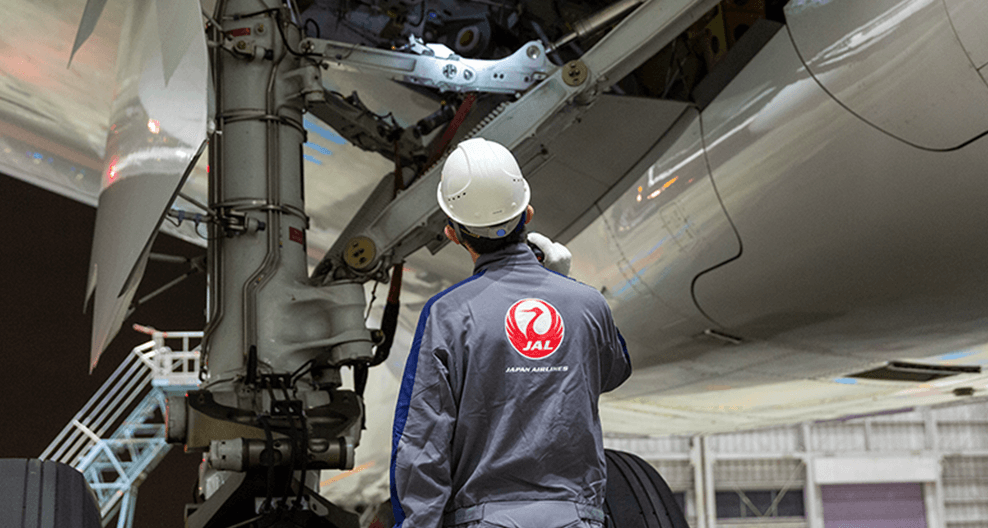
Despite its obvious challenges, the pandemic was deemed to be a good time for MROs and airline maintenance divisions to step up innovation and drive operational improvements.
One area seen as ripe for improvement was in maintenance planning for aircraft fleets, specifically in areas such as aircraft availability and hangar utilization. Software has been cited as key to achieving this, and ERP rollouts and upgrades, often lengthy and expensive processes, were commonly undertaken throughout the past two years.
As the pandemic subsides, the digitalization process continues. The latest carrier to drive this forward is the engineering and maintenance subsidiary of Japan Airlines. JAL Engineering confirmed yesterday (Mar. 29) that it will work with cloud enterprise software company IFS to support fleet-wide long range maintenance planning for nearly 200 aircraft.
The solution will be deployed in the cloud and will provide data-driven insights to support the carrier’s aircraft availability, task yield, and hangar utilization. JAL will have access to real-time planning updates and will be aided in its decision making in areas such as modifying aircraft inductions and retirements and adjusting resource levels or changing utilization levels.
IFS’ solution will replace a JAL Engineering legacy fleet maintenance planning process that it says required extensive manual intervention.
According to IFS, its rollout will allow the JAL Engineering team to manage more aircraft with reduced human intervention due to an efficient user experience, reduction in manual processes, real-time alerts, and automated processes.
IFS has looked to grow its footprint in Asia-Pacific in recent years and in addition to JAL Engineering, also works with the likes of China Airlines, Qantas and TAE Aerospace.





